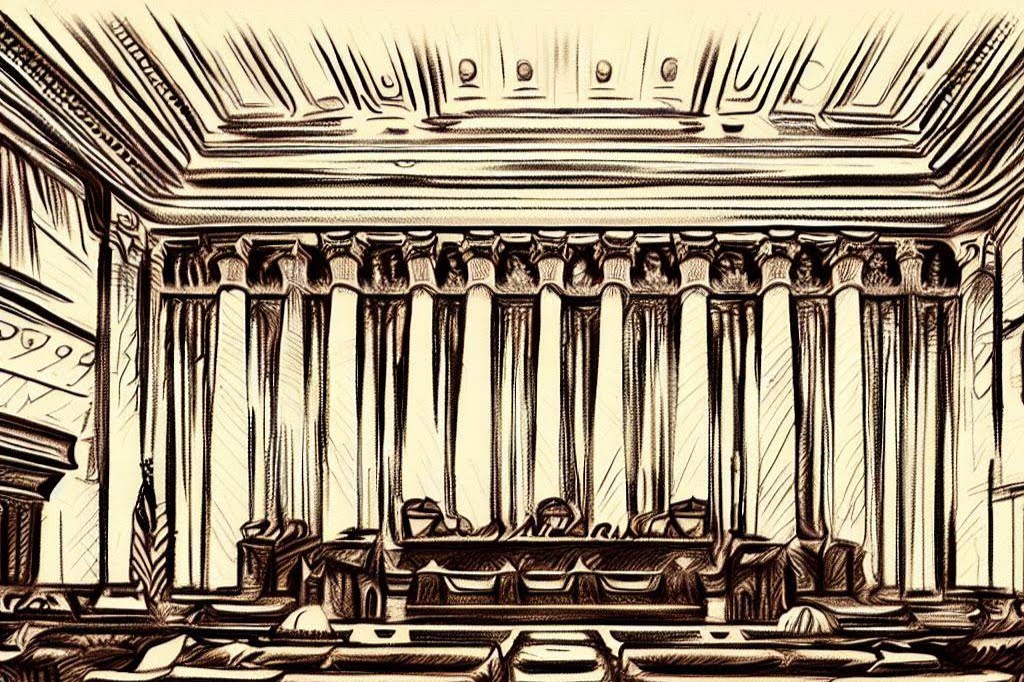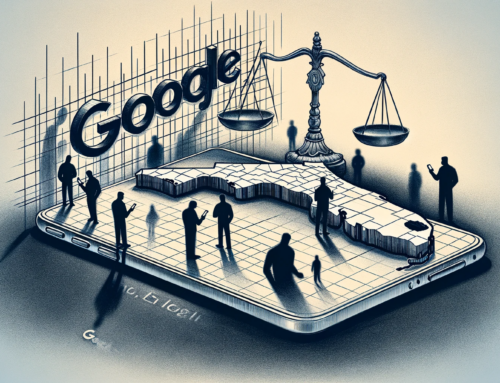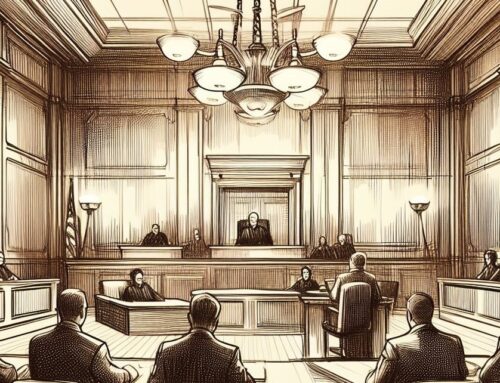Your Right to Due Process in Criminal Cases
If you’ve been arrested or charged with a crime in Florida, one of your most important constitutional rights is due process. Due process is your right to fair treatment throughout the criminal justice process. Understanding due process and how it protects you at each stage of a criminal case is critical to defending your rights. As an experienced Miami criminal defense attorney, I’m here to explain due process and why it matters.
What is Due Process?
Due process is the constitutional right to fair legal proceedings and treatment by the government. It is guaranteed by the Fifth and Fourteenth Amendments to the US Constitution. Due process acts as a safeguard against arbitrary denial of life, liberty, or property by the government.
In the context of criminal law, due process requires:
- Fair and impartial treatment at all stages of the criminal justice process
- Adherence to proper procedures by law enforcement and the courts
- Respect for your constitutional rights as the accused
Due process ensures you are not unjustly arrested, charged, convicted, or punished. It prevents the state from infringing on your fundamental rights and provides you with a fair opportunity to defend yourself.
Due Process in Criminal Cases
Due process protections extend to all phases of a criminal case in Florida, including:
Arrest
For an arrest to be lawful, the police must have probable cause, meaning reasonable grounds to believe you committed a crime. Evidence obtained following an unlawful arrest may be excluded at trial.
Charging Decision
Prosecutors cannot charge you without sufficient evidence and legal justification. The charges must precisely match the alleged criminal conduct. Overcharging to intimidate you into a guilty plea violates due process.
Pretrial Detention
Unless prosecutors can demonstrate you are a flight risk or danger, unreasonable pretrial detention violates due process. Bail cannot be excessive. All defendants are presumed innocent pretrial.
Discovery
You have a due process right to obtain the prosecution’s evidence, witness names, and other information to prepare your defense. Withholding exculpatory evidence violates due process.
Trial
At trial, you are entitled to mount a complete defense and have the prosecution prove guilt beyond a reasonable doubt. Judges must exclude illegally obtained evidence.
Sentencing
Your sentence must be based on accurate information and within statutory limits. Grossly disproportionate sentences can violate due process.
As you can see, due process protects you from arrest through sentencing during the entire criminal process. Asserting your due process rights is imperative to avoiding unjust treatment.
Due Process Violations
Due process violations, unfortunately, occur frequently within the criminal justice system. As a Miami criminal defense lawyer, I often see these violations. Some examples include:
- Unlawful arrest without probable cause
- Coercive interrogation tactics to obtain a confession
- Prosecutorial misconduct, such as withholding exculpatory evidence
- Excessive pretrial detention or unaffordable bail
- Unduly suggestive eyewitness identification procedures
- Ineffective assistance of counsel
- Wrongful convictions based on flawed evidence
- Sentencing decisions based on race, gender, or economic status
These violations can taint the entire criminal process and lead to unjust outcomes. An experienced criminal defense attorney can identify due process violations and seek remedies to protect your rights.
Protecting Your Due Process Rights
Here are key steps I recommend to safeguard your due process rights if you are facing criminal charges:
Do Not Speak to Police Without an Attorney
Anything you say after an arrest can be used against you. Police are allowed to lie and make promises to elicit incriminating statements. Remain silent and immediately request an attorney.
Retain an Experienced Criminal Defense Lawyer
An attorney with extensive knowledge of due process protections can guard your rights every step of the way. Do not take chances with a public defender if you can afford an experienced private criminal defense attorney.
Act Quickly to Preserve Evidence
Your lawyer can send evidence preservation letters, subpoena records, and demand access to prosecution evidence. This builds your defense.
Seek Release from Custody
If unfairly detained pretrial, your attorney can file motions challenging unlawful arrest, demanding reasonable bail, and requesting pretrial supervision.
Explore Diversion Programs
Diversion programs leading to dismissal of charges may be available for first-time offenders. Your lawyer can advise if you qualify.
Negotiate Plea Deals Cautiously
Never accept a guilty plea due to coercion or without understanding the potential consequences. Be wary of exploding plea offers.
Prepare Diligently for Trial
Your lawyer will file motions to suppress illegally obtained evidence and advocate for fair trial procedures. This lays the groundwork for dismissal or acquittal.
Seek Post-Conviction Relief if Necessary
If convicted, appeal any due process violations promptly. File habeas corpus petitions and seek other remedies.
With an assertive defense focused on due process, justice can still prevail even when the system fails. Do not hesitate to contact my firm for a free consultation if your rights have been violated.
Due Process FAQs
Here I answer some frequently asked questions about due process:
Does due process apply in state criminal cases?
Yes, the Fourteenth Amendment extends due process protections to state prosecutions. States must uphold the Bill of Rights.
What if police violated my rights during arrest?
Evidence obtained from unlawful arrest or interrogation may be excluded at trial under the exclusionary rule.
Can my charges be dismissed for a due process violation?
Yes, judges can dismiss charges before trial if severe due process violations prejudiced your defense.
Does due process require police to read me Miranda rights?
Yes, under Miranda, you must be informed of your right to remain silent and your right to an attorney before custodial interrogation.
Am I entitled to an attorney if I cannot afford one?
Yes, the Sixth Amendment guarantees your right to appointed counsel if indigent, regardless of whether you are charged with a felony or misdemeanor.
What if the prosecution withholds helpful evidence before my trial?
Suppression of material exculpatory evidence violates due process. Your conviction could be overturned on appeal.
Can my sentence be challenged based on due process?
Grossly disproportionate sentences or those founded on inaccurate information may be challenged as a due process violation.
What happens if I plead guilty before asserting my due process rights?
You generally waive most due process claims by pleading guilty. Consult an attorney before pleading guilty or no contest.
As this illustrates, due process is expansive and protects you throughout the criminal justice process. I am ready to aggressively defend your rights and ensure you receive due process. Do not hesitate to contact my office for a free consultation.
CALL US NOW for a CONFIDENTIAL INITIAL CONSULTATION at (305) 538-4545, or take a moment to fill out our confidential and secure intake form.* The additional details you provide will greatly assist us in responding to your inquiry.
*Due to the large number of people who contact our law office requesting our assistance, it is strongly suggested that you take the time to provide us with specific details regarding your case by filling out our confidential and secure intake form. The additional details you provide will greatly assist us in responding to your inquiry promptly and appropriately.
THERE ARE THOUSANDS OF LAW FIRMS AND ATTORNEYS IN SOUTH FLORIDA. ALWAYS INVESTIGATE A LAWYER’S QUALIFICATIONS AND EXPERIENCE BEFORE MAKING A DECISION ON HIRING A CRIMINAL DEFENSE ATTORNEY ATTORNEY FOR YOUR MIAMI-DADE COUNTY CASE









